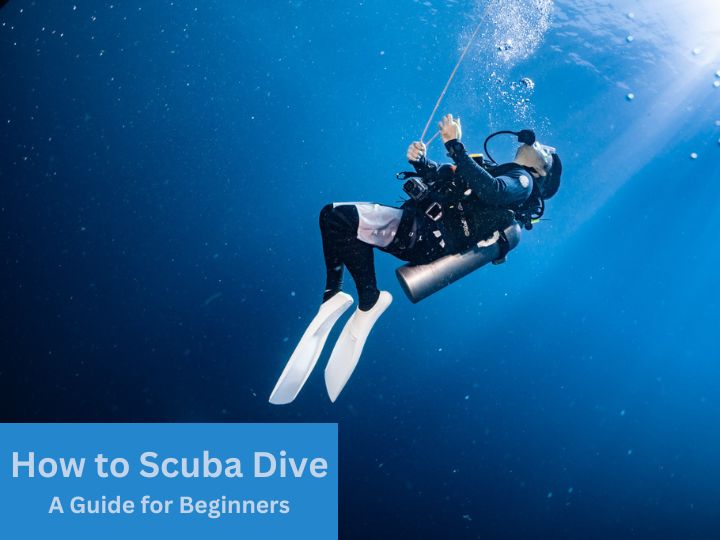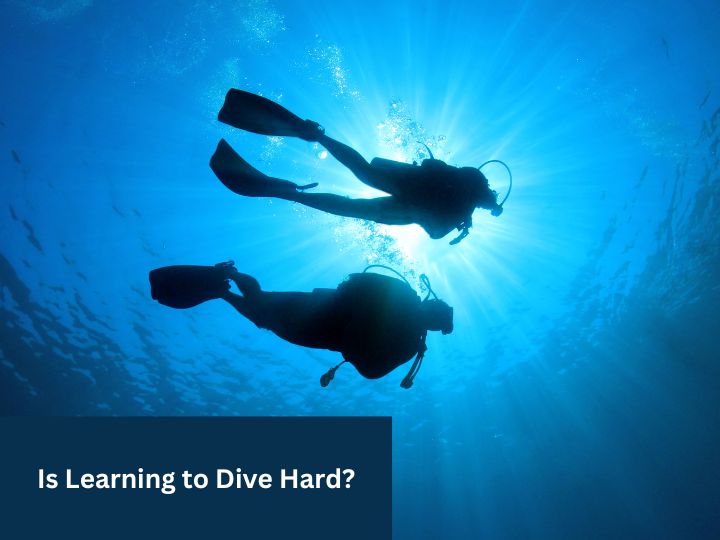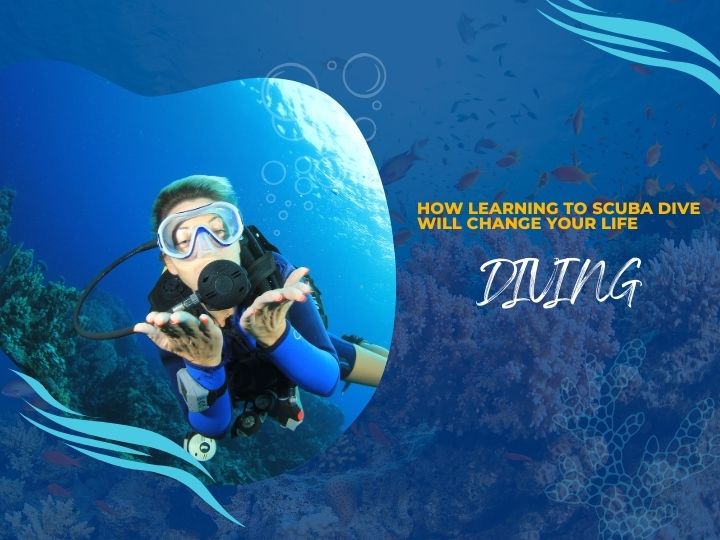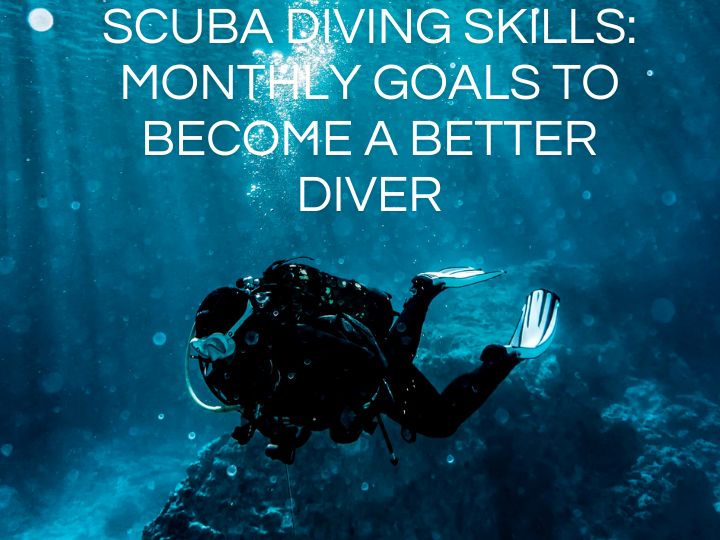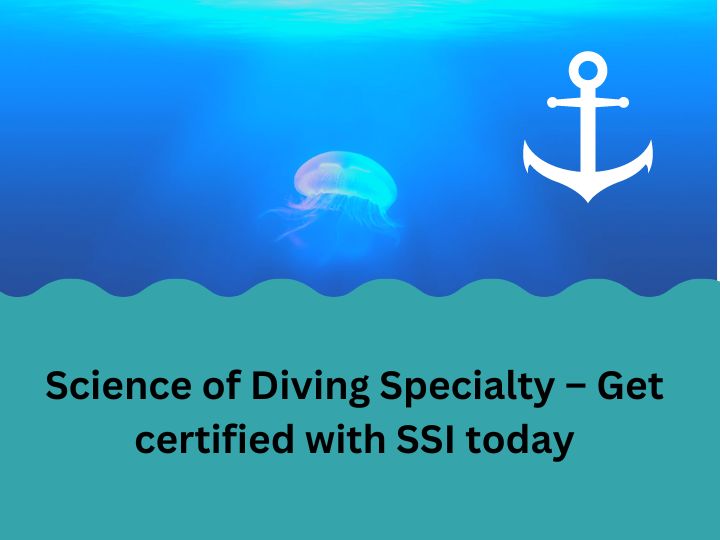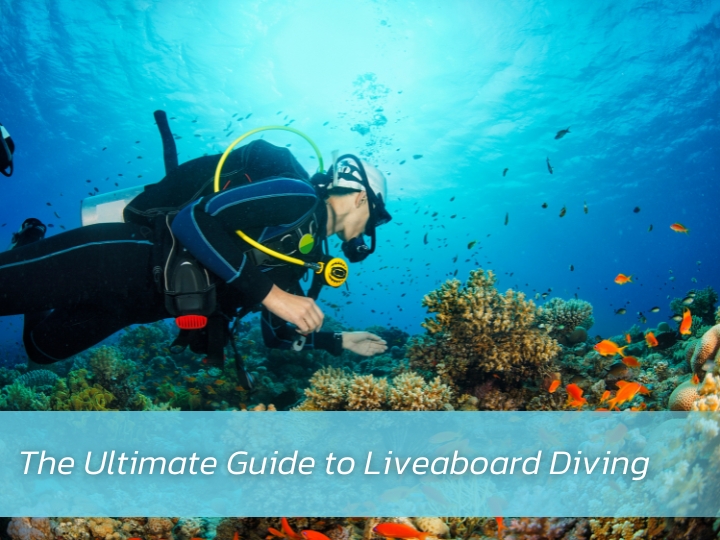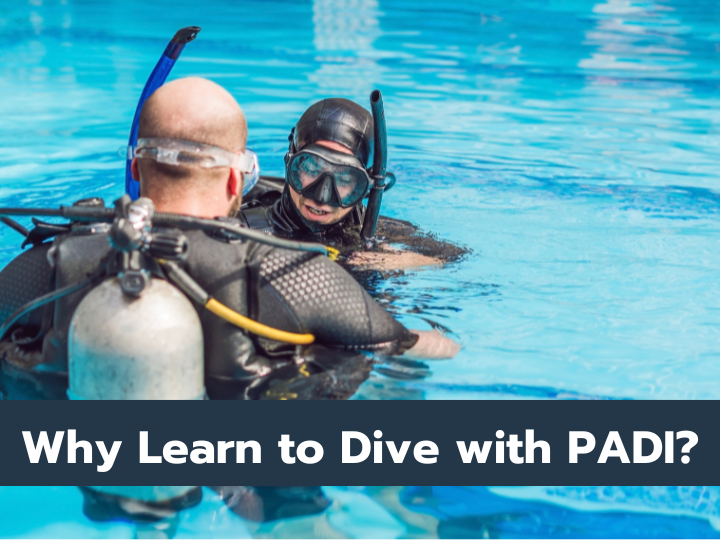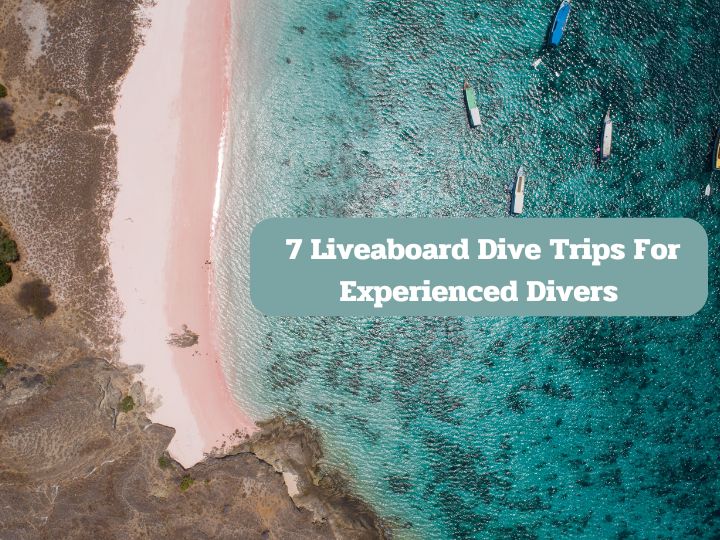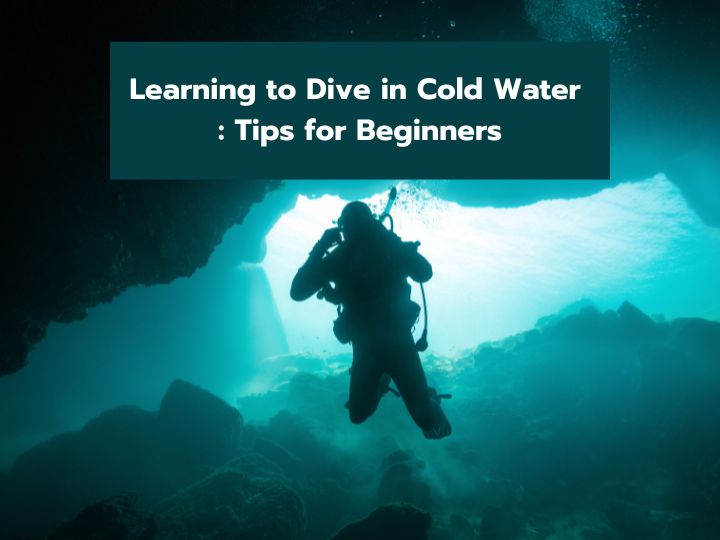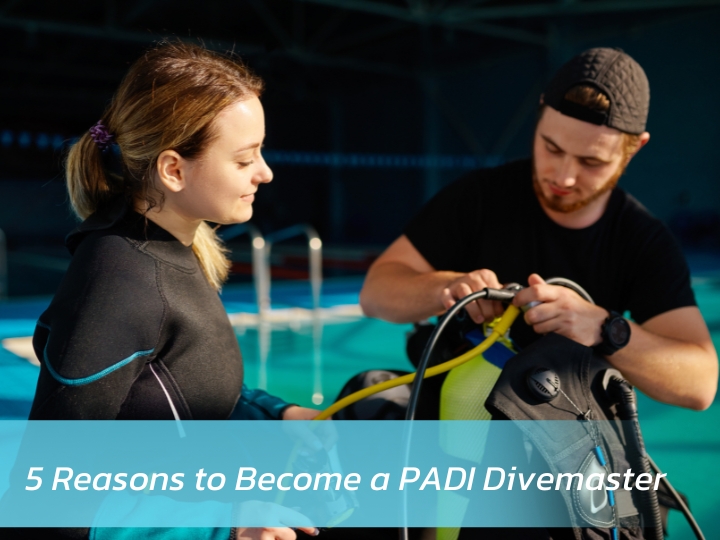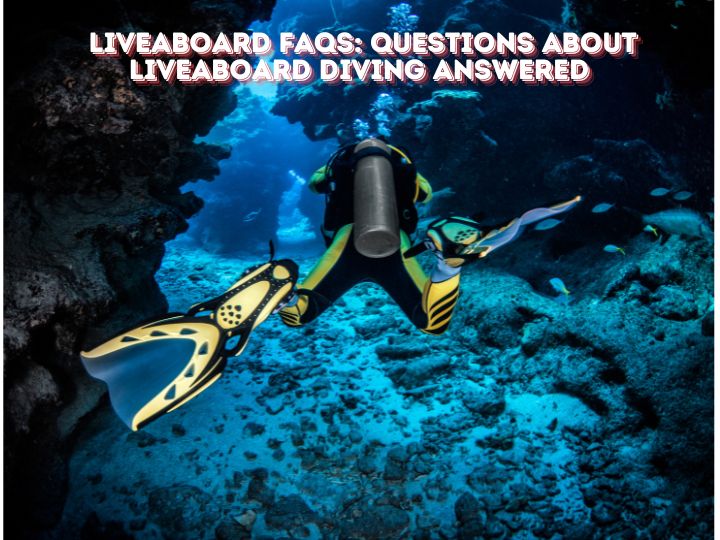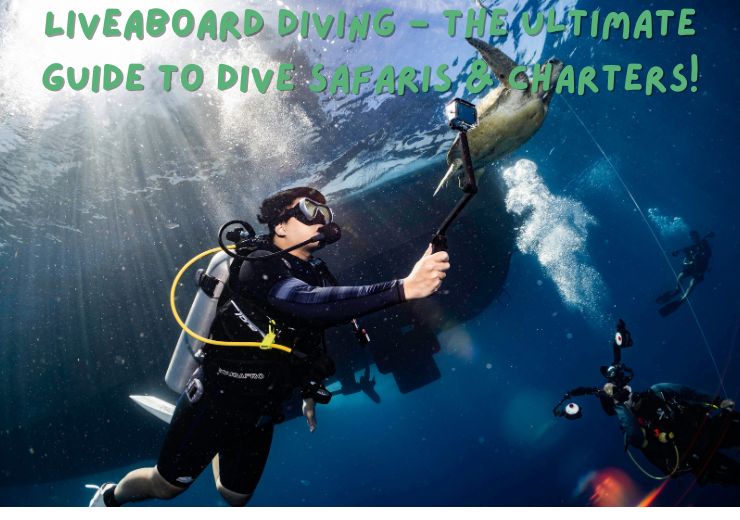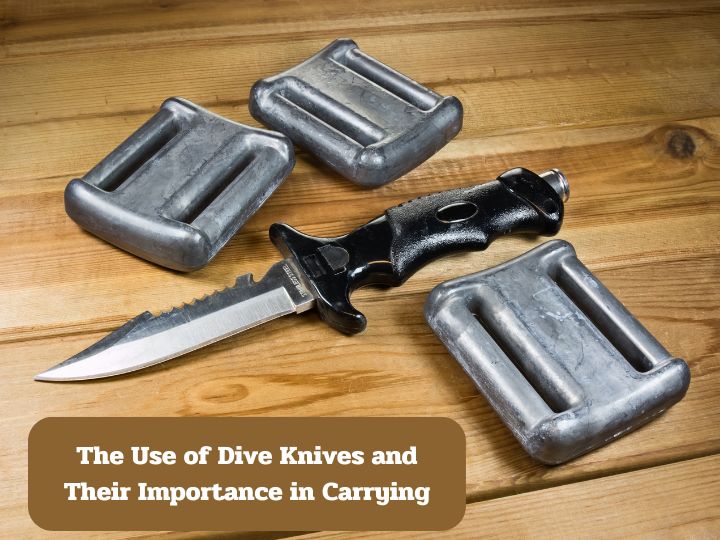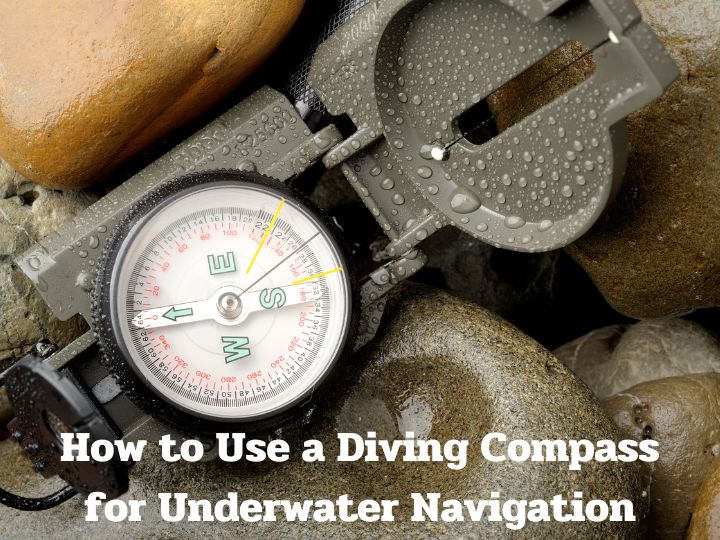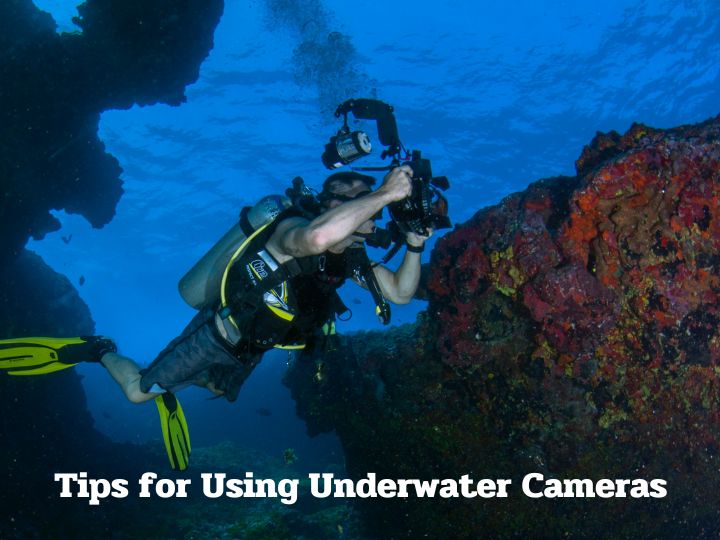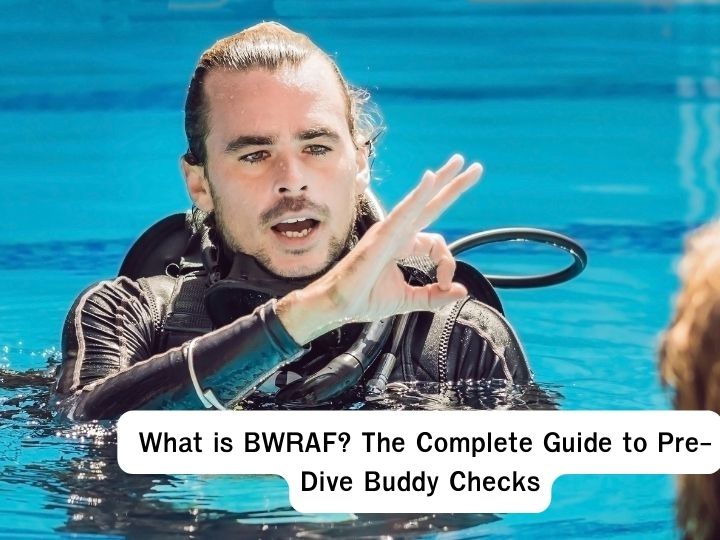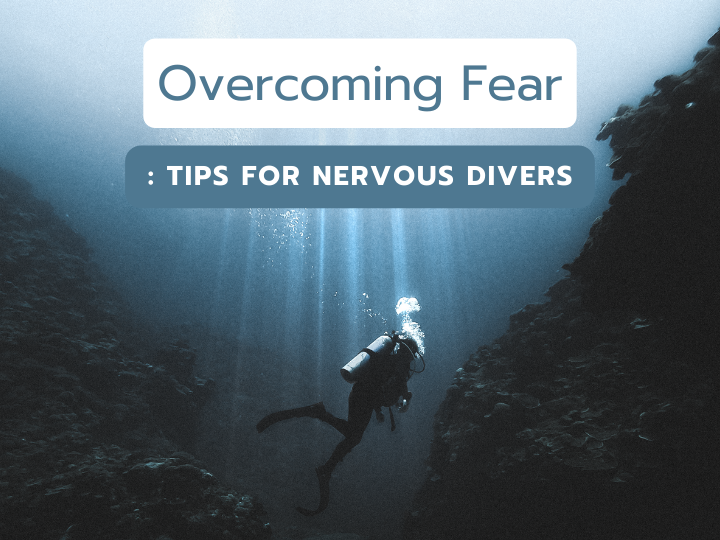
Overcoming Fear: Tips for Nervous Divers
Diving can be a thrilling and rewarding experience, but it's not uncommon for new or even experienced divers to feel nervous or fearful before a dive. This article provides essential tips and techniques to help nervous divers overcome their fears and enjoy the underwater world with confidence and safety.

Understanding Dive Fear
Fear of diving is common, and understanding its root causes can help in managing it effectively. Fear can stem from various sources, such as a fear of the unknown, claustrophobia, or concerns about equipment failure. Acknowledging and understanding these fears is the first step toward overcoming them.
Identifying Your Fear
Pinpointing the specific cause of your fear can help you address it more effectively. Whether it's a fear of the deep, concerns about breathing underwater, or anxiety about marine life, identifying the root of your fear allows you to take targeted actions to mitigate it.
Learning About Dive Safety
One of the best ways to combat fear is through knowledge. Learning about the safety measures, equipment, and protocols involved in scuba diving can provide reassurance. Understanding that diving is statistically very safe can help ease anxiety.
Talking to Experienced Divers
Experienced divers can offer valuable insights and reassurance. They can share their own experiences of overcoming fear and provide practical tips for staying calm and confident underwater.

Preparing Mentally and Physically for a Dive
Proper preparation can significantly reduce anxiety and increase your confidence. Here are some key steps to take before diving:
Practicing Relaxation Techniques
Relaxation techniques such as deep breathing, meditation, and visualization can help calm your mind before a dive. Deep breathing exercises can also be practiced underwater to maintain calmness.
Physical Fitness
Being physically fit improves your ability to handle the physical demands of diving. Regular exercise, including cardiovascular and strength training, can enhance your stamina and overall diving performance.
Taking a Refresher Course
If you haven't dived in a while, taking a refresher course can boost your confidence. Refresher courses help you brush up on your skills and ensure that you're familiar with the latest safety protocols and equipment.
Visualizing a Successful Dive
Visualization is a powerful tool for overcoming fear. Spend time imagining yourself having a successful and enjoyable dive. Visualize each step, from setting up your equipment to exploring underwater scenery, to build positive mental imagery.

During the Dive: Staying Calm and Confident
Once you're in the water, staying calm and confident is crucial. Here are some tips to help you maintain composure during your dive:
Maintaining Slow and Steady Breathing
Breathing slowly and steadily is essential for staying calm underwater. Practice deep, controlled breaths to help reduce anxiety and conserve air.
Staying Close to Your Dive Buddy
Diving with a buddy provides an added sense of security. Stay close to your dive buddy and communicate regularly using hand signals. Knowing that someone is nearby can help alleviate fear.
Focusing on the Present Moment
Mindfulness can be a powerful tool for managing anxiety. Focus on the beauty of the underwater environment and the sensations of diving, rather than worrying about what could go wrong.
Using Positive Self-Talk
Replace negative thoughts with positive affirmations. Remind yourself of your training, the safety measures in place, and your ability to handle any situation that arises.

Post-Dive: Reflecting and Building Confidence
After your dive, take time to reflect on your experience and build confidence for future dives:
Evaluating Your Dive
After the dive, evaluate what went well and what could be improved. Discussing your experience with your dive buddy or instructor can provide valuable insights and feedback.
Celebrating Your Successes
Celebrate your accomplishments, no matter how small. Each successful dive builds your confidence and helps you feel more at ease with future dives.
Setting Goals for Improvement
Set achievable goals for future dives. Whether it's improving your buoyancy control or exploring a new dive site, having goals gives you something to work toward and helps keep you motivated.
Continuing Education and Practice
Consider taking advanced diving courses or specialty certifications. Continuing your education and gaining more experience will help you become a more confident and skilled diver.

Seeking Professional Help
If your fear of diving is severe and you're finding it difficult to manage on your own, seeking professional help can be beneficial:
Consulting a Dive Psychologist
Dive psychologists specialize in helping divers overcome their fears. They can provide personalized strategies and support to help you feel more comfortable and confident in the water.
Participating in Dive Therapy Programs
Some organizations offer dive therapy programs designed to help individuals overcome their fear of diving. These programs provide a supportive environment and professional guidance to help you build confidence.
